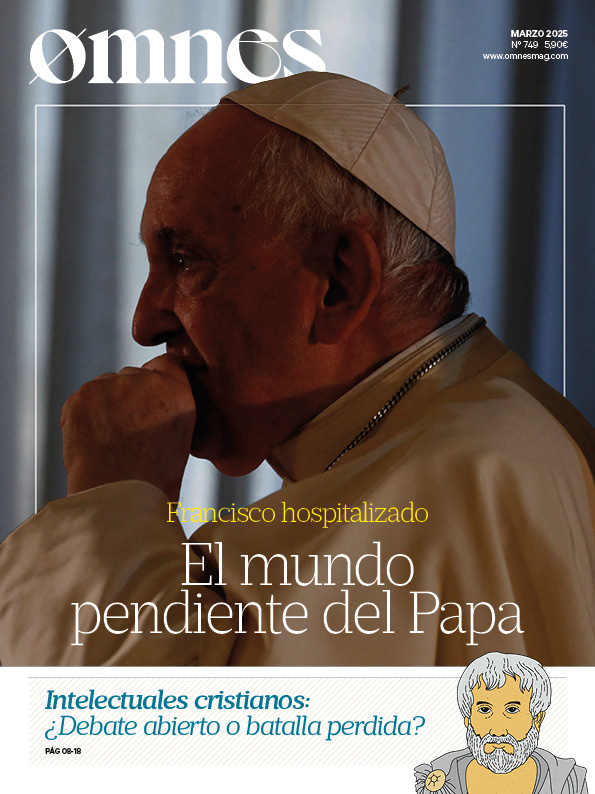Wealth, growth and the fight against corruption are central themes in the discourse of any politician. Promises of rivers of milk and honey adorn the range of extremes and ideological centers in social networks and auditoriums around the world.
Growth targets, GDP, inequality reduction, inclusion and a number of development goals occupy life, time, existence and happiness.
Issues and reflections that go beyond these concepts seem to have no real space in the so-called public agenda. The complete vision of other essential issues, such as the origin and destiny of human life, the family, drug consumption and trafficking, have fallen into the prism of pragmatism, of how much they cost and how much they are worth, regardless of what they are.
The loss of the good sense of wealth, replaced by greed, envy and class struggle, has awakened a violent and blind resentment. Those who succeed and achieve wealth are viewed with suspicion, are not valued in their efforts, and are even persecuted by ideologues of misery who know little about social responsibility, constant work and discipline.
The goals of economic growth, job creation and poverty reduction, for example, are not possible without the combined efforts and risks of the public and private sectors. The soundness of business, as well as the good future of entrepreneurship among young people, is possible with human values, fair laws and honest rulers.
Good economic growth reduces poverty, generates shared wealth and improves living conditions, but true growth is complete: of body and soul, and this is where the goal lies.








